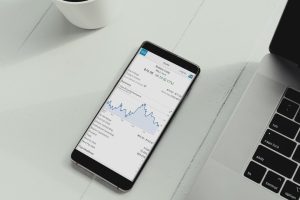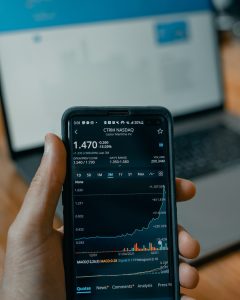Leverage is a tool used in forex trading to amplify the potential returns on an investment. This means that a trader can control larger positions in the market with a relatively small amount of capital. The use of leverage in forex can be a double-edged sword, as it can increase profits but also magnify losses.
Forex brokers offer different levels of leverage to their clients, ranging from 1:1 to 1:500 or even higher. For example, a 1:100 leverage means that a trader can control a position of $100,000 with only $1,000 of their own capital. This is because the broker provides the remaining $99,000 as a loan to the trader, which is known as margin.
The concept of leverage can be better understood through an example. Let’s say a trader believes that the euro will appreciate against the US dollar and decides to buy EUR/USD at 1.1200. They have $1,000 in their trading account and the broker offers a leverage of 1:100. Therefore, the trader can control a position of $100,000 (100 x $1,000) in the market.
If the euro appreciates to 1.1300, the trader can sell their position and make a profit of $1,000 (100 pips x $10 per pip). This is a 100% return on their initial investment. However, if the euro depreciates to 1.1100, the trader will lose $1,000 (100 pips x $10 per pip), which is their entire capital. This is why it is important to manage risk and use proper risk management techniques when trading with leverage.
It is worth noting that leverage can also work against a trader. If the market moves in the opposite direction to their trade, the losses can exceed their initial investment. This is known as a margin call, where the broker will automatically close the trader’s position to prevent further losses. Therefore, it is important to use leverage wisely and only take on positions that have a high probability of success.
In addition to amplifying profits and losses, leverage can also affect trading costs. Brokers may charge a commission or spread on each trade, which is a percentage of the total position size. As leverage increases, the trading costs also increase. Therefore, it is important to choose a broker with competitive fees and spreads.
In conclusion, leverage is a powerful tool in forex trading that can amplify potential returns but also magnify losses. Traders must use proper risk management techniques and choose a reputable broker with competitive fees and spreads. It is also important to have a solid understanding of the market and the factors that can affect currency prices. With proper knowledge and experience, leverage can be a valuable asset in a trader’s arsenal.






